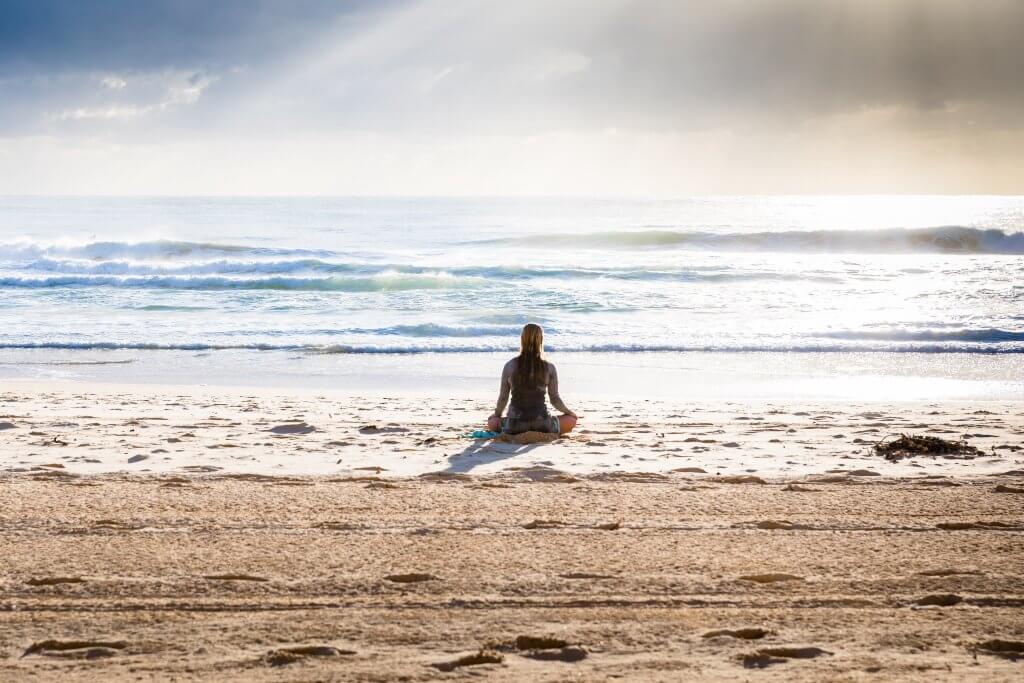
Written by Alexis Romo
Recovering from a trauma takes a lot of time and effort, but through self-care, a good support system, and reaching out for help, recovery and rehabilitation is possible.
It’s important to remember that there’s no right or wrong way to react to being assaulted. Some people experience anxiety, shock, panic attacks, and even guilt, shame, or disgust. To understand these reactions, we have to remember that our brains have a rational side and an intuitive side. When in dangerous situations, you react with your intuitive side, which is the side that tries to keep you safe from harm. It’s where your “fight vs. flight” instinct kicks in. Your brain only has a split-second decision to react, so it overrides any conscious thought, in order to protect you.
After experiencing an assault, you might have flashbacks, which are unprocessed memories. Because these memories are so traumatic, your brain wants to push them to the back of your consciousness and not think about them, but this can actually make it much harder to deal with in the future. To cope with a flashback, stop and think about what you’re doing. Was there something that triggered you? Identify that trigger and try to rationalize it. Do something that will relax you, such as mindful breathing or listening to music.
Anxiety is also a huge effect of sexual assault. I personally like to use the 5-4-3-2-1 method. Describe 5 things you can see, 4 things you can hear, 3 things you can feel, 2 things you can hear, and 1 thing you can touch. This helps you come back down to Earth and get out of that anxiety-ridden fog.
Sometimes, it helps to think or write about what happened. Although this isn’t the most comfortable exercise, it might help to “get things out” and process what happened to you instead of avoiding it. Acknowledge your pain, cope, and recover.
Having a good support system is also a great way to guide you on your way to recovery. Make a list of a couple of friends who you can trust and call when you’re feeling uneasy or need a distraction. Try not to isolate yourself or avoid activities. Sometimes we need distractions.
Creating a routine throughout the day is also a simple and easy way to create a sense of stability and control – something you might have trouble feeling after a trauma.
Keep in mind that taking care of yourself is a huge factor in recovery. Take some time to meditate, go to a yoga class, or read a good book. There is no one road to recovery, and the road you take won’t always be smooth-sailing. You’ll have bumps and even a few setbacks, but remember that you deserve to live the best life you can.
